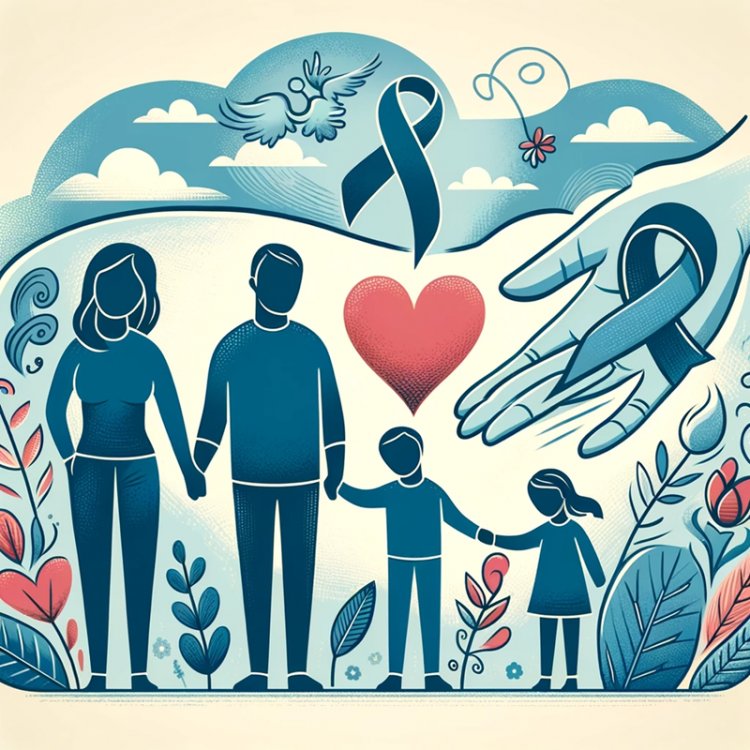Welcome to our blog where we explore the delicate and often challenging journey of families dealing with autism amidst the sorrow of a family tragedy. This intersection of experiences can be incredibly complex, carrying its unique set of emotional, psychological, and practical challenges. This post aims to shed light on these issues, offering insight and support to those who find themselves navigating this difficult path.
Understanding the Impact of Tragedy on Families with Autism
When a family faces a tragedy, such as the loss of a loved one, a severe illness, or a life-altering event, the impact reverberates through each member. For families with an autistic individual, these effects can be amplified due to the unique aspects of autism, including challenges with communication, emotional processing, and change.
Autism and Sensitivity to Change
Many individuals with autism thrive on routine and predictability. A family tragedy can disrupt this stability, leading to increased anxiety and stress. The sudden shift in the family dynamic and routine can be particularly disorienting for someone with autism.
Communicating Grief and Understanding
Explaining a family tragedy to an autistic individual can be challenging, especially when they have difficulties with communication or emotional expression. It’s crucial to find a way to communicate that aligns with their level of understanding and processing.
Supporting Each Other Through the Storm
1. Seek Professional Support
Professional guidance from therapists who specialize in autism can be invaluable in these times. They can provide strategies tailored to the individual's needs, helping them, and the family, navigate their emotions and the changes they are facing.
2. Maintain Routines as Much as Possible
While some disruption is inevitable, maintaining as much of the usual routine as possible can provide a sense of stability and security.
3. Open, Adaptive Communication
Families should strive for open communication, adapting the conversation to suit the autistic individual’s comprehension and comfort level. Using clear, straightforward language and visual aids can be helpful.
4. Creating Spaces for Expression
Encourage expression in whatever form it takes. This could be through art, music, or other forms of therapy. It’s important for every family member, including those with autism, to have a safe space to express their feelings.
The Ripple Effect on Siblings
Siblings may face their own set of challenges, balancing their personal grief with the changes in family dynamics. Providing them with support and understanding is crucial, as they are an integral part of the family’s journey through tragedy.
Finding Strength in Togetherness
In the face of tragedy, a family’s strength is tested. Yet, it can also be an opportunity for growth and deeper understanding. Embracing the challenges, supporting each other, and seeking help when needed can foster resilience and solidarity.
Conclusion
Families facing the dual challenges of autism and tragedy must navigate a complex emotional landscape. It’s a journey that requires patience, understanding, and love. By acknowledging each member's needs and working together, families can find a path forward, marked by strength and unity.
Remember, no family is alone in this journey. There are communities and professionals ready to offer support. In unity, understanding, and love, there is hope and a way forward, even in the most challenging times.







